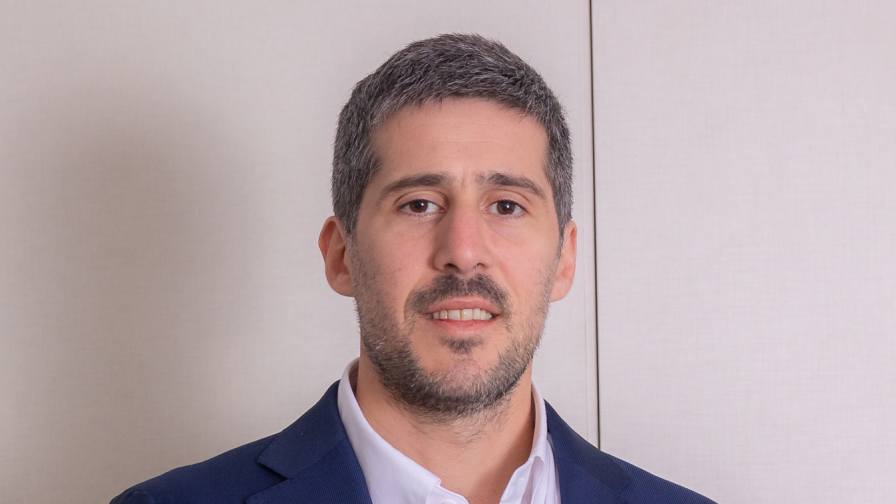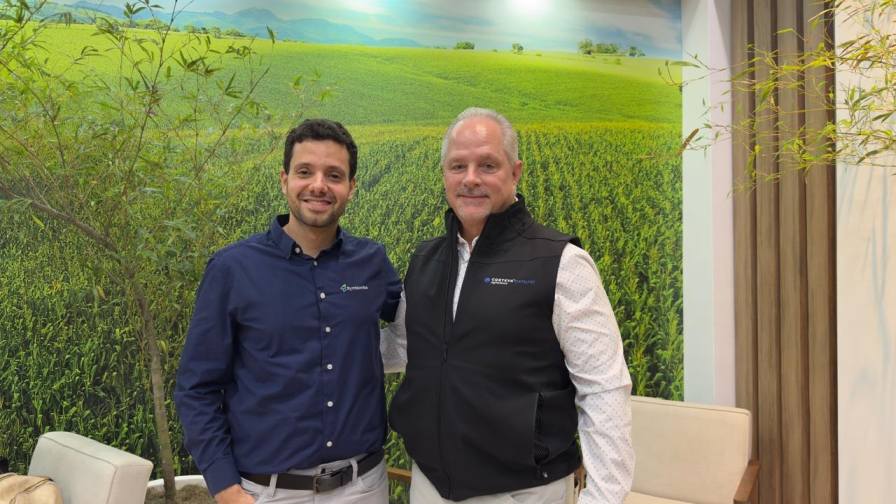FCI Was There: 2013 World Food Prize Highlights
Dr. Norman E. Borlaug, winner of the Nobel Peace Prize in 1970 for his work in the agriculture arena envisioned the World Food Prize as a means of establishing role models that would inspire others to work towards the mutual goal of ending world hunger. His granddaughter, Julie Borlaug, who was at the helm of many of the week’s discussions and ceremonies, spoke fondly of her grandfather’s dedication to the cause, saying that one of his greatest regrets was that biotechnology had not been fully recognized by the World Food Prize.
This year’s biotech sweep of the awards, she explained, remedied this disappointment.
Although the biotechnology focus at this year’s awards added an emotionally charged element to the event, the emphasis of the speeches at both the ceremony and the Borlaug Dialogues focused on the necessity to unite not only the industry, but the consumers, in the understanding that regulatory decisions need to be made based on scientific evidence, not emotional responses like fear.
Dr. Patrick S. Schnable, director of the Center for Plant Genomics, spoke on this during the CropLife media tour, saying: “The concerns about GMOs are socioeconomic. People are being swamped with misinformation. There are well trained experts that sow seeds of mistrust for GM crops but regulators have always found the same thing: They are safe in terms of measurable risk but the societal acceptance isn’t there.”
The 2013 World Food Prize comes 60 years after the discovery of the DNA double helix, which led to the laureates’ GMO breakthroughs 30 years ago. Since the breakthroughs, the laureates’ work has led to the development of several biotech crops, which, by 2012, were grown on more than 170 million hectares around the globe by 17.3 million farmers. The recipients of the awards – Mary-Dell Chilton of Syngenta, Robert T. Fraley of Monsanto and Marc Van Montagu of the Institute of Plant Biotechnology Outreach – were honored at the event in Des Moines, Iowa, which featured trumpet fanfare and high officials from around the world, including Iceland’s President Olafur Ragnar Grimsson, who presented the awards to the scientists.
Dr. Henry Flint, vice president of DuPont Biotechnology Affairs and Regulatory said during a tour of the company’s Johnston Iowa facilities: “There are countries that are just not ready for genetically modified crops for whatever reason. We want to give farmers these high-performing products, but at a pace the countries are willing to accept.”
Dr. Fraley, World Food Prize laureate and Monsanto’s chief technology officer addressed these societal concerns at the Borlaug Dialogue Symposium, saying, “Working together as an industry, we need to share more background and more information on food innovation and GMO safety with the millions of people out there who have legitimate questions. We want anyone with an interest in nutritious, affordable and available food to have complete, accurate information.”
Marc van Montagu spoke at the event on the topic of the controversy surrounding GM crops as well. Hailing from Europe, he has experienced first-hand the regulatory hurdles facing the technology. Montagu said he hoped this year’s World Food Prize will bring public awareness on the value of plant genetic engineering. “It is science and understanding that will feed the world in the coming years,” he said, “not romantic ideas and myths.”
The event brought many international issues to the forefront. Fraley noted that rumor and resistance has always surrounded agricultural innovation. One reporter from Tanzania, for example, asked if there was any truth to the rumor that biotech corn could make men impotent and bald. “It seems kind of silly today to have those kinds of conversations, but you see them occurring,” said Fraley, reiterating that the crops have more than 20 years of commercial use without a single incident proving GE food or feed unsafe. “The science has an incredible track record of benefit and safety and that’s really the key.”
If the industry wants to continue its success, though, said Van Montagu, biotech supporters have to understand that there is a group of people that will never trust the science. “The consumers have to see that there is something in it for them.”






